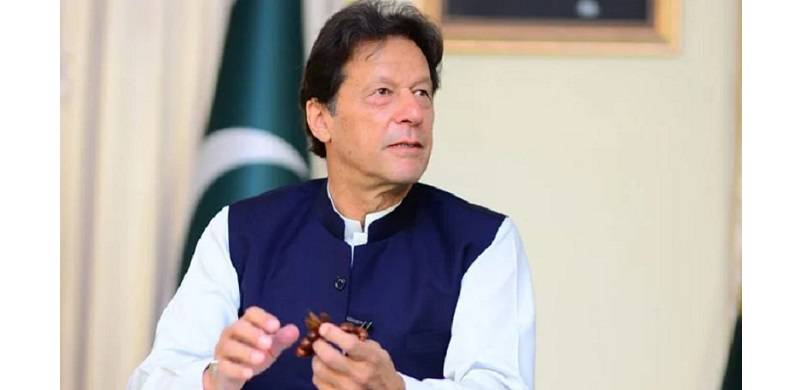
PM Imran Khan has yet again weighed in on the rising discussion around sexual crimes and women's safety in Pakistan. He said that the shocking assault on a female TikToker by hundreds of men on Independence Day left him “ashamed and pained.” Then he proceeded to talk about how this did not happen when he was growing up, and that it was a consequence of children being wrongly brought up. And he made some recommendations on how to set this right.
Let us state at the outset two facts about his recent statement.
First, that it is a vast improvement on his previous statements on such issues – which fell into the category of “victim-blaming” even for those more charitably inclined towards the opinionated PM.
Second, that despite this, the PM is still not learning fast enough. Given the urgency of the discussion around the safety of Pakistani women, Khan's emphasis on sermonizing poses a great risk. It creates the possibility that the views of experts on violence against women will once again be ignored – drowned out by ultra-conservative moral posturing, rather than educating and policy-making.
Experts have discussed this issue at length, especially on new media. They have been trying to convey to us that the main problem is one of how Pakistani society perceives the status of women. If the public role of women is to be as limited as ultra-conservative elements want, then it only follows that a deeply patriarchal society will normalize violation and violence to keep women “in their place.”
If, however, a society wants a more empowered and dignified future for women, then it will take measures to protect them. This would mean the enforcement of existing and newer legislation to discourage violence against women. It would also mean educating men to uphold traditional values when they are in favour of women's rights and dignity, but to question entrenched old attitudes when they hold back half of our society.
Above all, it will take a political leadership which is more willing to listen to the voices of women rather than taking every opportunity to express one's own poorly-considered opinions.
Let us state at the outset two facts about his recent statement.
First, that it is a vast improvement on his previous statements on such issues – which fell into the category of “victim-blaming” even for those more charitably inclined towards the opinionated PM.
Second, that despite this, the PM is still not learning fast enough. Given the urgency of the discussion around the safety of Pakistani women, Khan's emphasis on sermonizing poses a great risk. It creates the possibility that the views of experts on violence against women will once again be ignored – drowned out by ultra-conservative moral posturing, rather than educating and policy-making.
Experts have discussed this issue at length, especially on new media. They have been trying to convey to us that the main problem is one of how Pakistani society perceives the status of women. If the public role of women is to be as limited as ultra-conservative elements want, then it only follows that a deeply patriarchal society will normalize violation and violence to keep women “in their place.”
If, however, a society wants a more empowered and dignified future for women, then it will take measures to protect them. This would mean the enforcement of existing and newer legislation to discourage violence against women. It would also mean educating men to uphold traditional values when they are in favour of women's rights and dignity, but to question entrenched old attitudes when they hold back half of our society.
Above all, it will take a political leadership which is more willing to listen to the voices of women rather than taking every opportunity to express one's own poorly-considered opinions.

